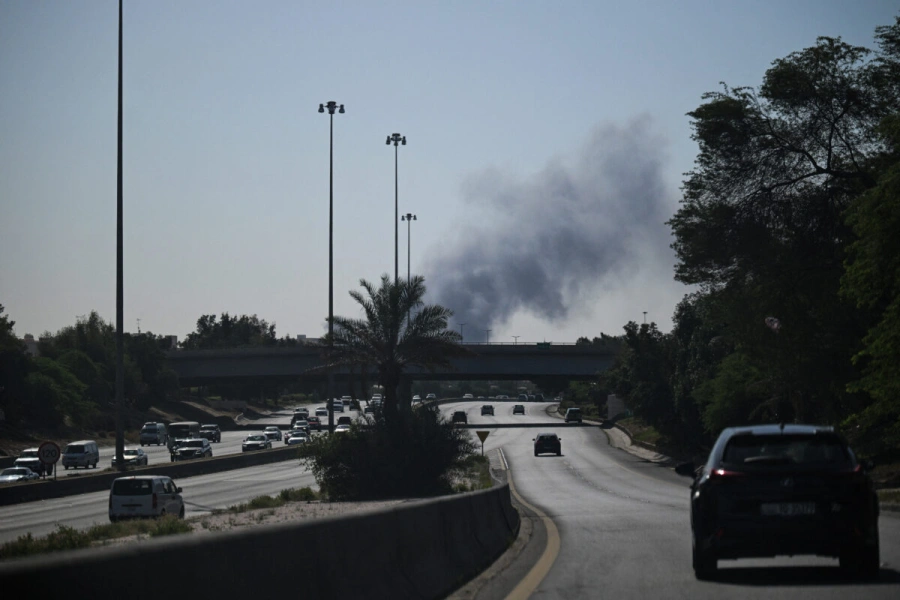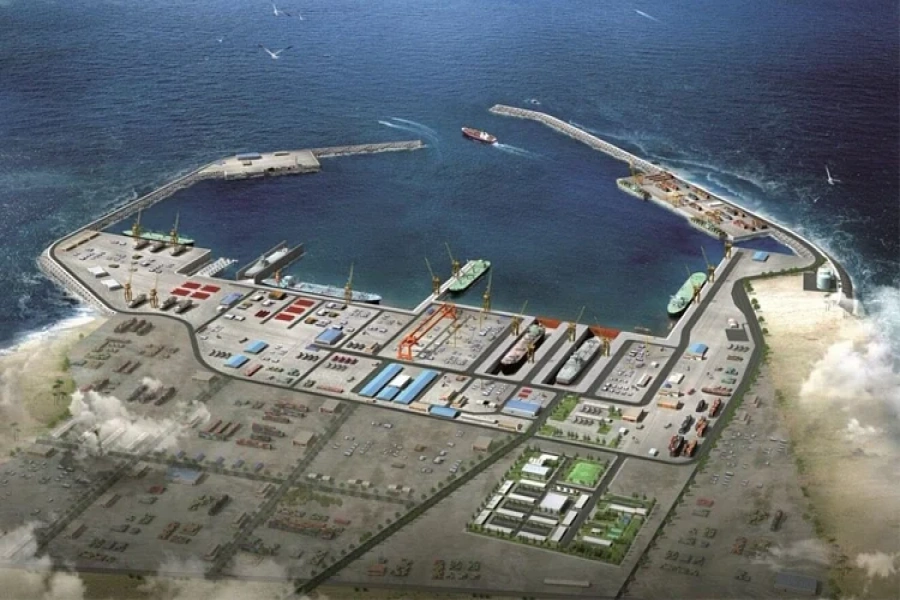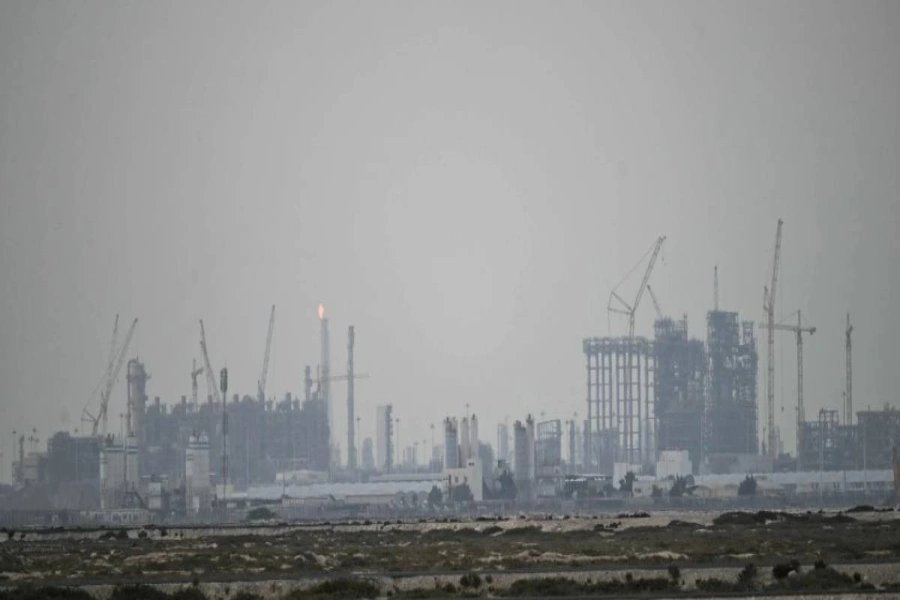KATHMANDU, Oct 10: Chairman of CPN Maoist Center Pushpa Kamal Dahal has described the visit of former King Gyanendra Shah to Bhutan as an ‘expression of internal political crisis’.
Speaking to a group of editors of various news media on Wednesday, former Prime Minister (PM) Dahal commented that the grandiose reception of the former Shah in Bhutan is a symbol of continuation of the domestic crisis in Nepal. However, Dahal denied the possibility of a reinstatement of monarchy in Nepal.
“Even when you explore all the political angles, there is no possibility that the former king will make a return to Nepal’s politics,” he said, “It is impossible to revert a republic to a monarchy.” Dahal clarified his stance on the improbability of the return of the old system after the vice-chairperson of Rastriya Prajatantra Party Rabindra Mishra claimed in a Facebook post last month that the Maoist Center chair was reconsidering his anti-monarchist stance.
“However, I still view the Bhutan visit as an expression of the domestic crisis itself,” he added.
The geographical challenge
Commenting on the challenging nature of current international affairs, Dahal said that some experts have analyzed that the third world war has already started or is about to begin. He claimed that there must be international reasons behind the formation and collapse of governments in South Asia.
Why is former King Gyanendra visiting Bhutan?

Dahal said that the current dilapidating situation of domestic politics of Nepal is not only caused by geopolitical reasons but by Nepal’s geographical situation. He opined that the government should consider problems like floods and landslides during the rainy season, and droughts and wildfires at other times, while formulating state policies.
Chairman Dahal mentioned that the current disaster-induced crisis was caused by the unplanned works in the name of development without studying the geographical situation of the country. He opined that the groups involved in sand mining should also be considered into the study of the current situation induced by heavy rains and landslides that occurred on September 27 and 28.
“It is necessary to have a broad discussion on the extraction of natural resources and form a public opinion,” said Dahal.
Dahal also claimed that the state was not prepared enough to deal with the recent floods and landslides. Referring to his social media post asking people to make necessary preparations after the Department of Hydrology and Meteorology (DHM) made the forecast, he criticized the government for not paying heed to the DHM’s forecast.
However, Dahal also stated his awareness of the Nepalese tradition of working together to solve problems in times of crisis. Reminding that the uniting grief of the people who were affected by the 2015 mega earthquake was turned into strength during the constitution-making process, Dahal requested everyone to unite during the current situation.
Chairman Dahal mentioned that although the current government was formed with the intention of amending the constitution, it has not been not the case. He drew the attention of the editors to the fact he was the prime proponent of the previous two constitutional amendments. He said that if he had not taken the initiative to amend the constitution, it would not have been possible to make the Madhesi parties participate in politics.
Reasons behind crisis
Former PM Dahal expressed that he did not comment on domestic politics amidst a national crisis caused by floods and landslides. However, he insisted that the very fact that the two political parties with the highest number of seats in the parliament, the Nepali Congress and the CPN UML, forming a coalition government is the crux of the political crisis.
Dahal was of the opinion that even when he was the prime minister, the parties in the current coalition government could have discussed the amendment of the constitution. “Was it not possible to tell us about the proposal to amend the constitution when the Maoist Center was in the government?" he questioned, adding, “This issue should not have been hidden.” He commented that the hidden agenda of constitution amendment for the formation of a new government indicates that there is an internal political crisis.
He added that it is wrong for the two largest parties in the parliament to form a coalition government. “Governments should not be formed in this way in a parliamentary democracy,” Dahal said, “Governments are not formed under so many pretenses; the uniting agenda of the current government is not to amend the constitution, it is simply an excuse.” He reaffirmed his allegation that the current government was made to quell the anti-corruption drive during his last government.
Dahal accused the UML of a negative attitude towards the constitution. “The UML leadership has always viewed the constitution as a scorn since the very beginning,” he said, “They have seen the face of Maoist written all over the constitution.”
Chairman Dahal said that the UML’s agenda is to repeal the constitution rather than amend it. “They did not like this constitution nor the inclusion it mandates,” he said, “How would they like the system of federalism?”
Dahal added that if the ruling parties attempt to make other political moves using the excuse of the amendment of the constitution, the internal crisis will deepen. He pointed out that the present government does not have the will to implement federalism, even to the point that no authority has been given to the provinces including the formulation of provincial public administration and police laws.
He said that an honest implementation of the constitution should be prioritized over the amendment. Mentioning that the current constitution is a result of the Comprehensive Peace Accord, he said that if we attempt to forget the principles of the accord, a crisis is inevitable.







































